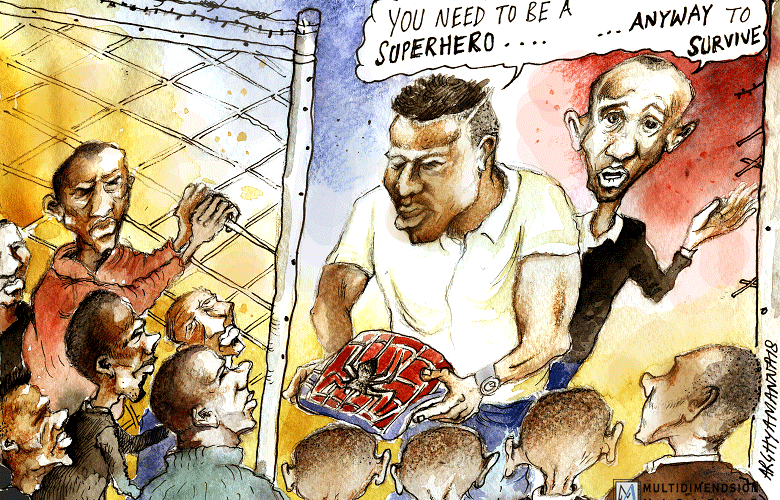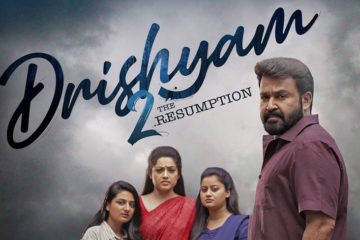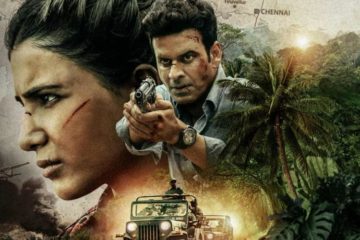A heroic act, like those superheroes frequently do on-screen, performed in real life, the Spiderman, captured on mobile phones, posted on social media, shared thousands and millions of times, praise and glory showered on, a meeting with the President the next day, promise of immediate nationality, work offer from fire brigade company, media houses fighting for exclusive interviews, people in the street asking for selfies,… thus the life of Mamoudou Gassama, 22 years old young man from Mali, has changed drastically, from illegal immigrant to naturalized citizen. France, the country of liberty, equality and fraternity, opened its arm to this good samaritan. France needs foreigners like him, those selfless ones, who can put their lives at risk and make sacrifices.
A heroic act, like those superheroes frequently do on-screen, performed in real life, the Spiderman, captured on mobile phones, posted on social media, shared thousands and millions of times, praise and glory showered on, a meeting with the President the next day, promise of immediate nationality, work offer from fire brigade company, media houses fighting for exclusive interviews, people in the street asking for selfies,… thus the life of Mamoudou Gassama, 22 years old young man from Mali, has changed drastically, from illegal immigrant to naturalised citizen. France, the country of liberty, equality and fraternity, opened its arm to this good samaritan. France needs foreigners like him, those selfless ones, who can put their lives at risk and make sacrifices.
Our Spiderman has a story to tell. He arrived in Italy crossing the Mediterranean Sea in his second attempt, crossing Burkina Faso and Niger, afterward spent time in Libyan Jail.
Mamoudou was born in Yaguiné, in the region of Kayes of western Mali, sixth among the nine siblings from a poor farming family. He has to start working at an early age in the field to support his family. A common story from an underdeveloped country like Mali, part of past French colony in Africa. His mother died in 2011. He was sent to Ivory Coast to work. But the civil war forced the young boy to come back home.
Heroes and A Tale of Migration- Part 2
Heroes and A Tale of Migration – Part 3
Heroes and A Tale of Migration – Part 4
Mamoudou was born in Yaguiné, in the region of Kayes of western Mali, sixth among the nine siblings from a poor farming family. He has to start working at an early age in the field to support his family. A common story from an underdeveloped country like Mali, part of past French colony in Africa. His mother died in 2011. He was sent to Ivory Coast to work. But the civil war forced the young boy to come back home.
Mamoudou was born in Yaguiné, in the region of Kayes of western Mali, sixth among the nine siblings from a poor farming family. He has to start working at an early age in the field to support his family. A common story from an underdeveloped country like Mali, part of past French colony in Africa. His mother died in 2011. He was sent to Ivory Coast to work. But the civil war forced the young boy to come back home.
Mamoudou was born in Yaguiné, in the region of Kayes of western Mali, sixth among the nine siblings from a poor farming family. He has to start working at an early age in the field to support his family. A common story from an underdeveloped country like Mali, part of past French colony in Africa. His mother died in 2011. He was sent to Ivory Coast to work. But the civil war forced the young boy to come back home.
Mamoudou was born in Yaguiné, in the region of Kayes of western Mali, sixth among the nine siblings from a poor farming family. He has to start working at an early age in the field to support his family. A common story from an underdeveloped country like Mali, part of past French colony in Africa. His mother died in 2011. He was sent to Ivory Coast to work. But the civil war forced the young boy to come back home.
Mali is no better place if one wants to avoid civil wars. Since the January 2012, armed conflicts broke out between southern and northern parts of Mali, between the government forces and the National Movement for the Liberation of Azawad (MNLA), an organization fighting to make northern Mali an independent homeland for the Tuareg people. On 22 March 2012, a group of soldiers ousted President Amadou Toumani Touré in a coup d’état over his handling of the crisis, and took control calling themselves the National Committee for the Restoration of Democracy and State (CNRDR).
As instability set in following the coup, Mali’s three largest northern cities—Kidal, Gao and Timbuktu—were overrun by the MNLA backed by the Islamist group Ansar Dine. On 5 April 2012, the MNLA called off its offensive proclaiming the independence of northern Mali, renaming it Azawad.
After the takeover of northern Mali, Ansar Dine and a number of smaller Islamist groups linked to Al-Qaeda in the Islamic Maghreb began imposing strict Sharia law on local people. The relationship soured between the MNLA and Islamists due to their conflicting visions for an intended new state. By 17 July 2012, the MNLA had lost control of most of northern Mali to the Islamists.
As the government of Mali called for foreign military intervention, on 11 January 2013, the French military began its offensive against the Islamists. Other African Union states followed suit shortly …(To be continued)





[…] Heroes and A Tale of Migration – Part 1 […]
[…] Heroes and A Tale of Migration – Part 1 […]
[…] Heroes and A Tale of Migration – Part 1 […]